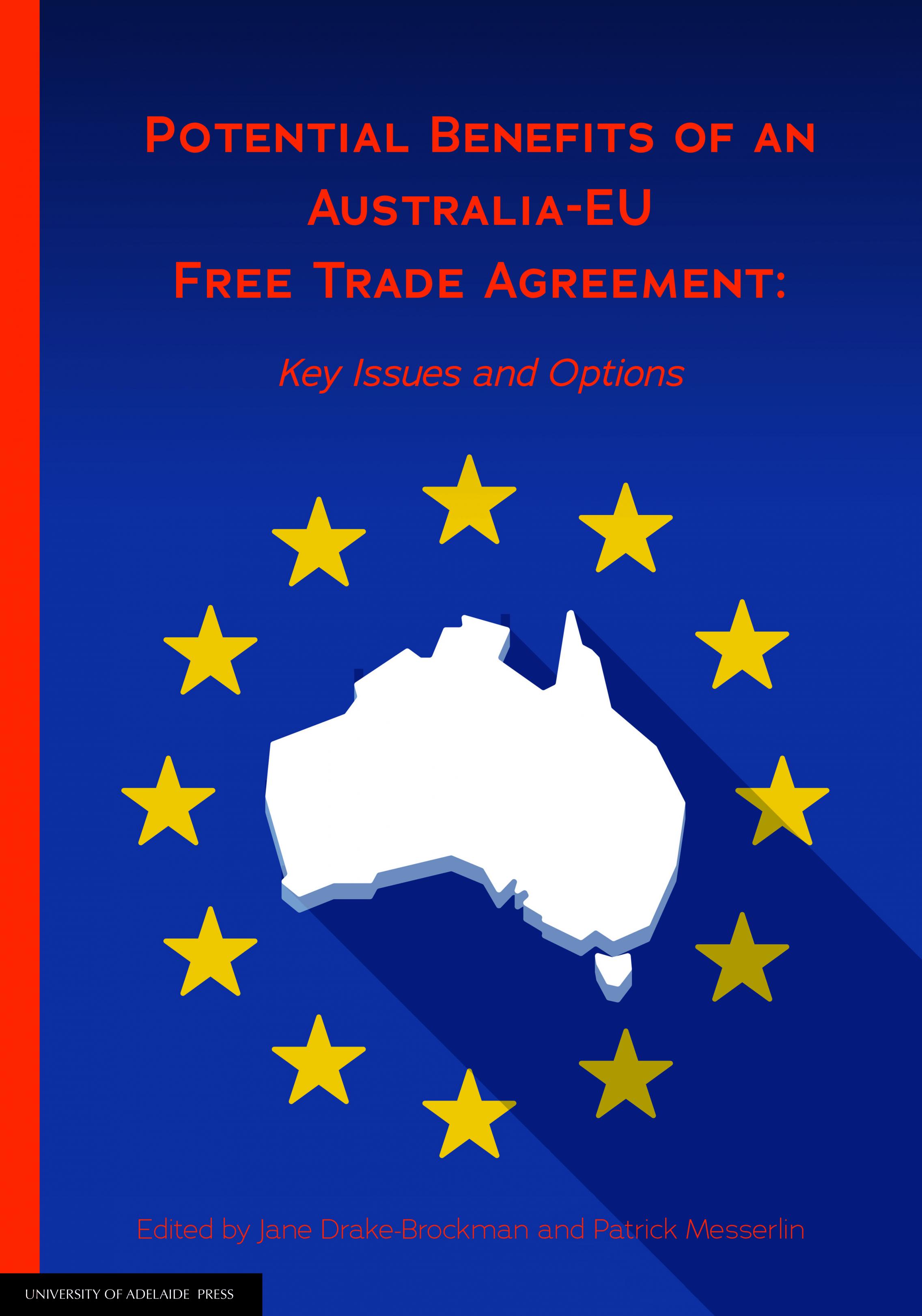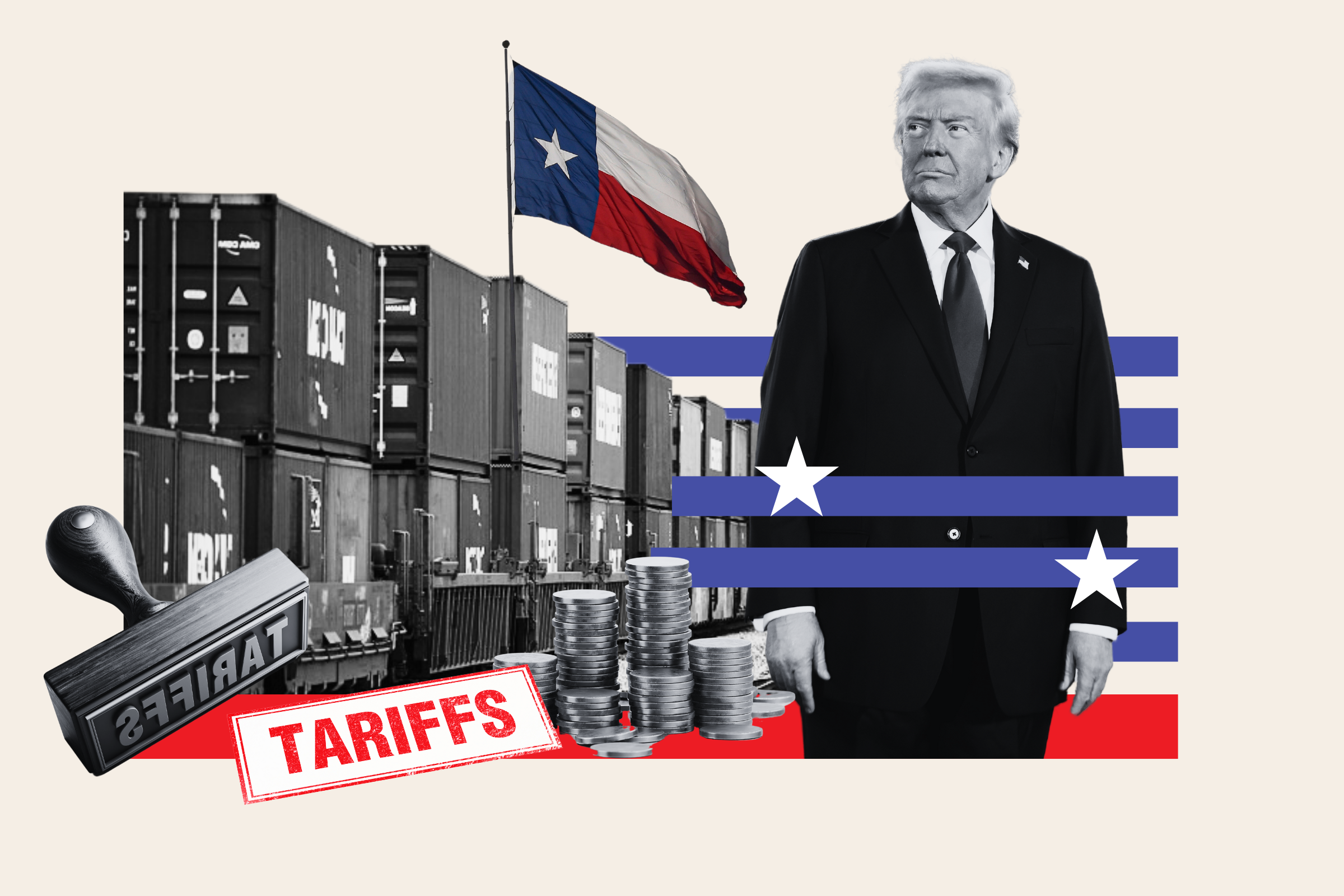Hold onto your hats, folks! Australian Prime Minister Albanese is signaling a potential breakthrough in the long-running trade saga with the European Union. After years of back-and-forth, he’s cautiously optimistic a deal is within reach.

Photo source:www.adelaide.edu.au
But don’t expect a full-throated celebration just yet. Albanese is drawing a firm line in the sand: Australia’s prepared to compromise, but not at the expense of its own economic interests. “We support free and fair trade,” he stated during his Rome visit, a sentiment I wholeheartedly endorse!
Let’s break down what’s at play here. This isn’t just about tariffs; it’s about access. Crucially, agricultural exports remain a significant sticking point, with Europe seemingly hesitant to fully open its markets to Australian produce. It’s a classic protectionist move – frustrating, frankly – and one that needs to be addressed head-on.
And what about those luxury car taxes? Albanese remained tight-lipped about any concessions on the 5% tariff on European vehicles. Smart move! Why should Australia unilaterally dismantle barriers while facing resistance elsewhere?
Now, let’s dive a little deeper into the implications:
Trade agreements aren’t simply about reducing tariffs. They establish frameworks for investment, intellectual property protection, and regulatory alignment.
Critical minerals have already seen increased cooperation. This is strategic; securing supply chains is vital in today’s geopolitical climate.
Agricultural protectionism, however, is a major obstacle. European farmers wield considerable political power, and governments often prioritize domestic interests.
Australia’s position is sensible. Fair trade requires reciprocal access, not one-sided concessions. Sticking to that principle is what sets apart solid negotiators from glorified deal-makers.
/cloudfront-us-east-2.images.arcpublishing.com/reuters/QRVZBKLFIVMNXC4CCCYXEPJOXI.jpg)





